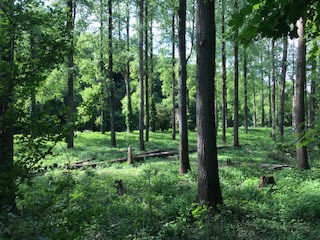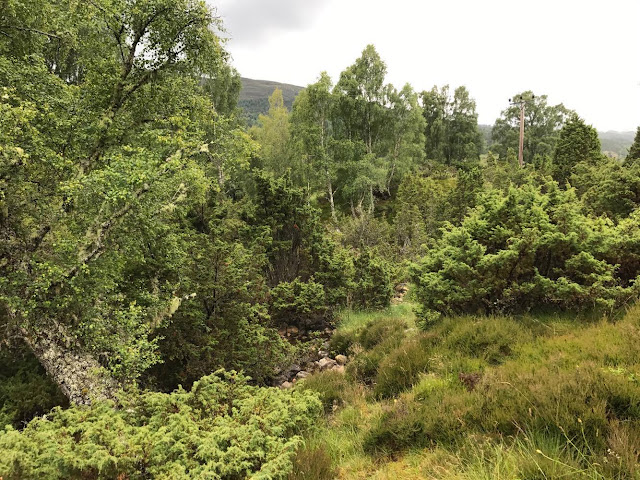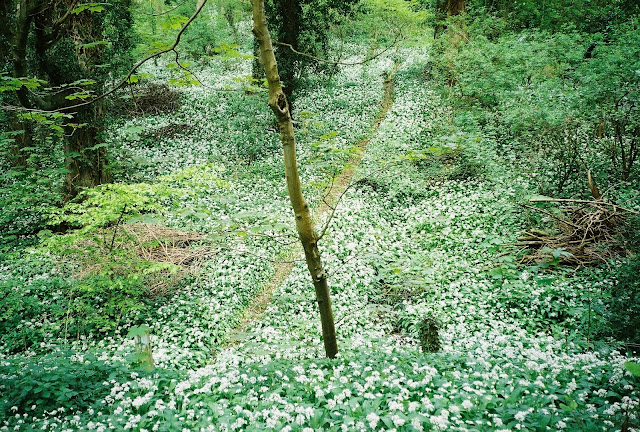The Desire for Dirty Hands
 |
| August Sander; Young Farmers, 1914. Photo taken from Here |
We have been removed over the generations from the land, and
particularly from the everyday activity of getting our hands dirty. In the
cities, there is less and less land to get to grips with, and the constraints
capitalism puts on the populace at large to earn their rights to life through
currency rather than through connection with natural resources has, over
history, forced most to work in factories and industry. In rural areas, technological
leaps in machinery and practice has meant agriculture needs fewer workers.
Industry in rural areas has thus become more abstracted; I often think of those
strange, lonely industrial estates blighting the landscape in the middle of
nowhere. Even if you wanted to grapple with the land, the rights and ownership
in the UK has become ever more restricting and dense; we have an incredibly
unequal distribution of land, with half of it being owned by less than 1% of
the population.
When I say “getting hands dirty,” I mean using your wits,
strength, and senses to handle the natural resources that are necessary for
life, not just human, to flourish. I do not mean the merciless
sweat-of-your-brow capitalist or fascist domination and strife of the land.
This thought trail creates the arbitrariness of work, the blue collars and
white collars, people whose choices to survive under the yoke of capital result
in assumptions about honesty, strength, and integrity. I mean a primitive and
simple means to survival, and hopefully a deep instinctual desire to connect
with that which sustains us.
Generations back, save for those who could luckily set out
on other paths such as trade or the luxuries afforded the bourgeoisie,
most working people and their families would have unremitting contact with the
Earth, the environment, and all manner of domesticated or wild flora and fauna
as a matter of daily life. I use this blanket description to apply to serfs in Medieval
fiefdoms to the pre-depression farming family units across the world. There
would be those within the family who had a yearning not to be in contact with
the land, but other things, specific non-farming trades or academia (in some later
eras only.)
A great reversal seems to have occurred; generally, people
work and live with little genuine contact with the raw, natural essences of
life, and those who yearn for this contact have societal constraints on where
they end up living, working, and generally spending their time, making it
difficult for such a path to be followed. This switch wasn’t some sort of malevolent
event; Capitalism’s fervour for constant growth has resulted in a ceaselessly morphing
civilisation that is constantly reaching for infinite growth.
I chose August Sander’s photograph Young Farmers, 1914 to
go with this piece as I feel it encapsulates this shift in Western society
beautifully; the young men, showing off their flash suits with the backdrop of
the countryside, called out as Farmers by the photograph title (the photograph
is often also called ‘Three Farmers on their Way to a Dance’) yet dressed unlike
farmers. This video points out that this generation of farmer likely
would’ve been the first to be able to afford a suit such as this, stepping from
the abashed poverty and struggle of working the land towards a desire to be in
contact with something else.



Comments
Post a Comment